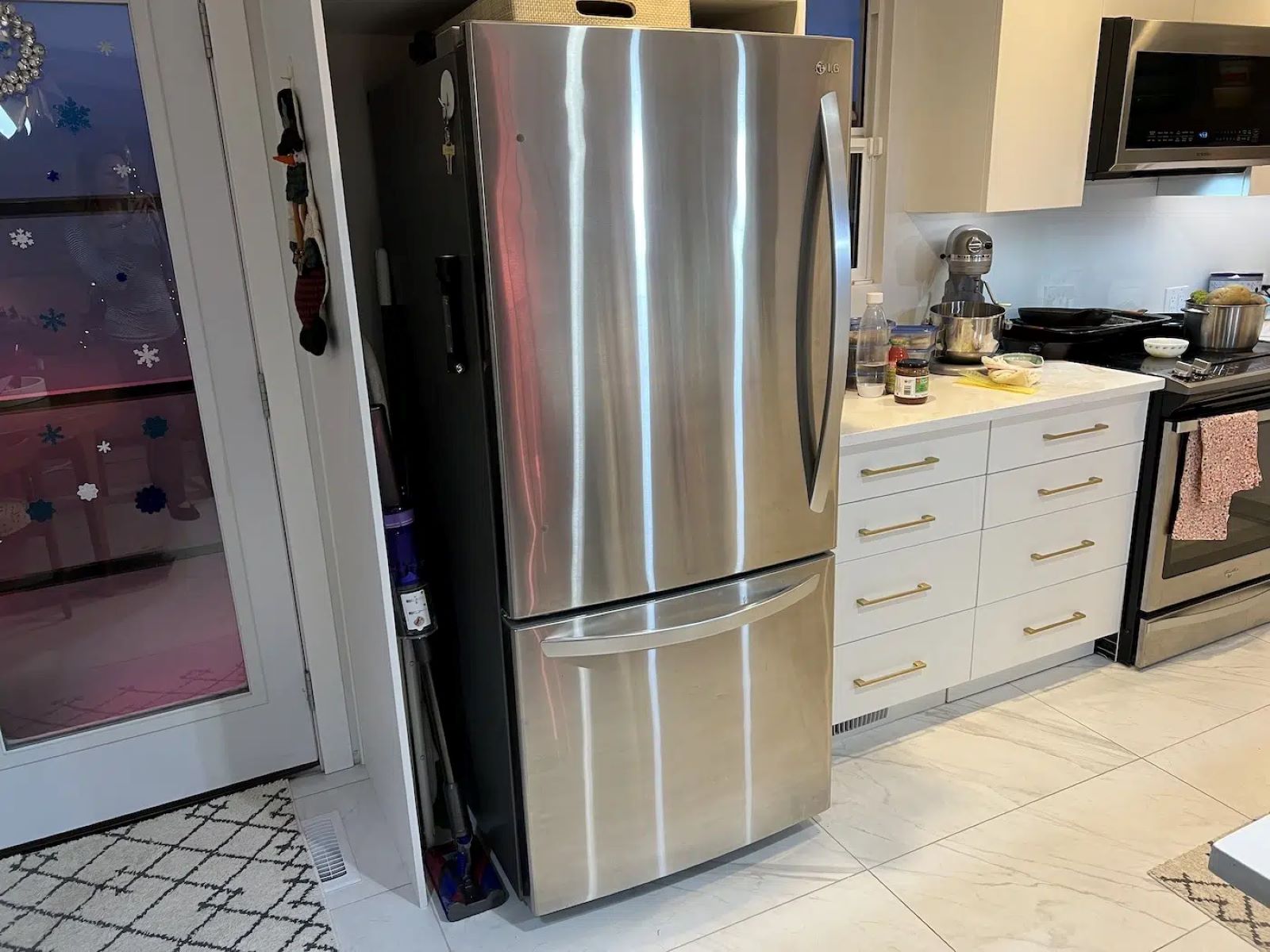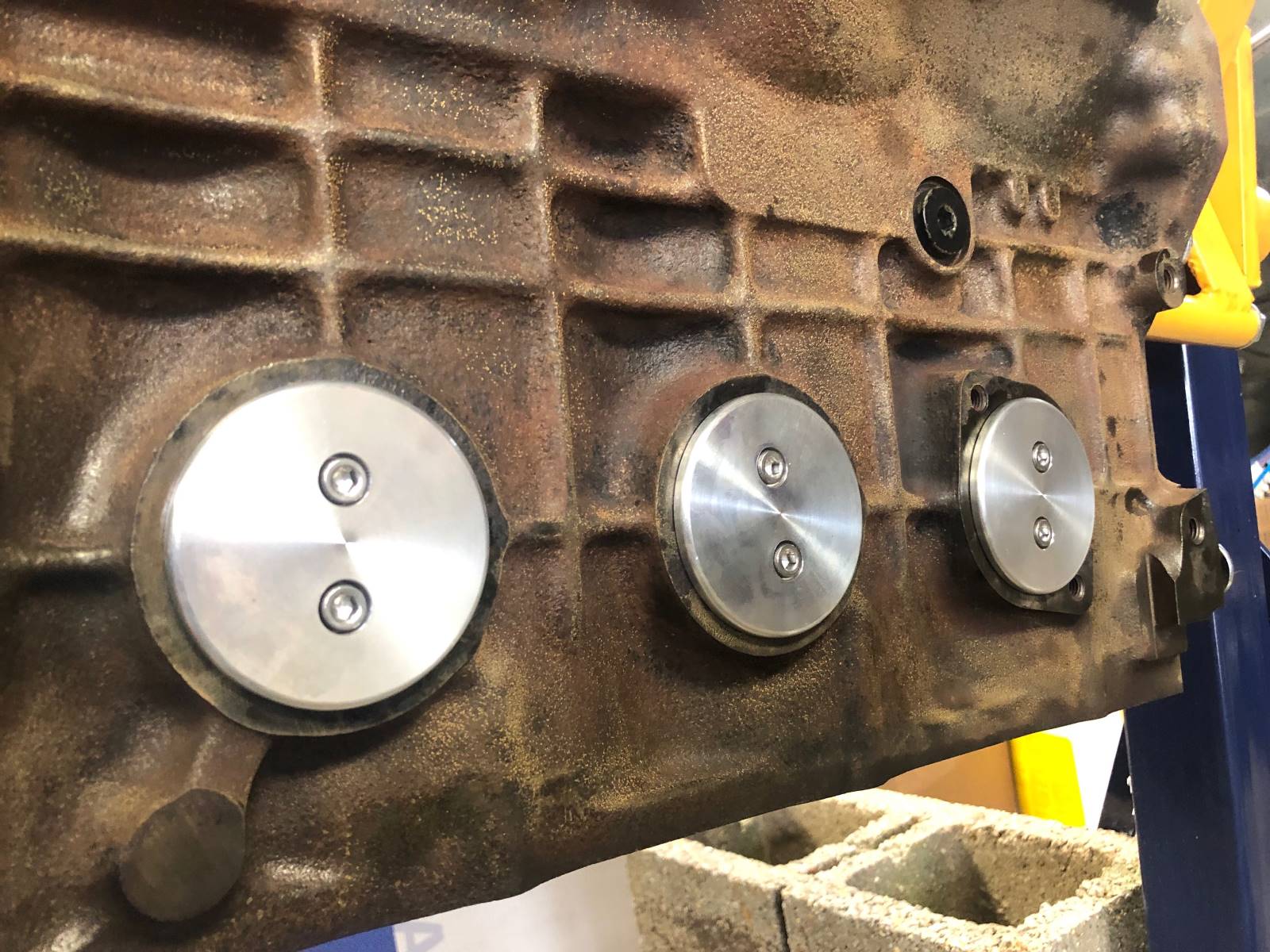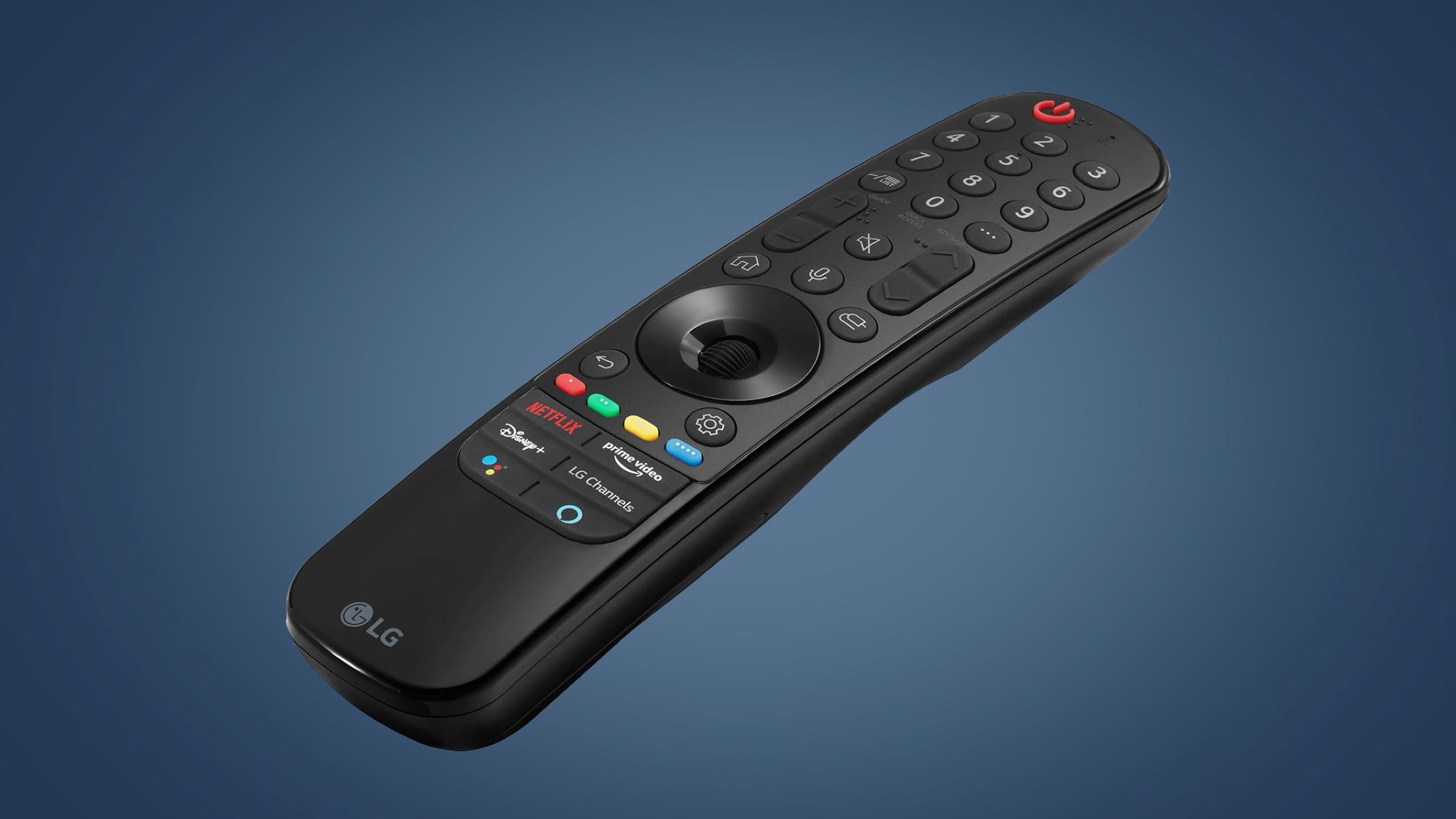Home>Home and Garden>Troubleshooting Tips For LG Fridge Not Cooling Or Freezing Properly


Home and Garden
Troubleshooting Tips For LG Fridge Not Cooling Or Freezing Properly
Published: February 21, 2024
Discover effective troubleshooting tips to fix your LG fridge not cooling or freezing properly. Get your home and garden back to optimal conditions with these expert solutions.
(Many of the links in this article redirect to a specific reviewed product. Your purchase of these products through affiliate links helps to generate commission for Regretless.com, at no extra cost. Learn more)
Table of Contents
Common Causes of LG Fridge Not Cooling or Freezing Properly
When your LG fridge fails to maintain the optimal temperature for cooling and freezing, several common culprits may be at play. Identifying these issues is crucial for effective troubleshooting and resolution. Here are the common causes to consider:
-
Thermostat Malfunction: A faulty thermostat can disrupt the fridge's cooling and freezing functions. If the thermostat is unable to regulate the temperature accurately, it can lead to inadequate cooling or freezing.
-
Dirty Condenser Coils: Over time, the condenser coils in your LG fridge can accumulate dust and debris, hindering the heat exchange process. This buildup forces the fridge to work harder to maintain the desired temperature, resulting in inadequate cooling or freezing.
-
Faulty Evaporator Fan: The evaporator fan is responsible for circulating cold air throughout the fridge and freezer compartments. If the fan malfunctions, it can lead to uneven cooling or complete loss of cooling in specific areas.
-
Defective Start Relay: A defective start relay can impede the compressor's ability to start and maintain the cooling process. This can result in inadequate cooling or freezing despite the compressor running.
-
Inadequate Airflow: Restricted airflow within the fridge and freezer compartments can disrupt the cooling and freezing processes. This can occur due to improper arrangement of items within the fridge or a blocked air vent.
-
Refrigerant Leak: A refrigerant leak can significantly impact the fridge's cooling performance. If the refrigerant level is insufficient, the fridge may struggle to maintain the desired temperature, leading to inadequate cooling or freezing.
-
Door Seal Issues: Damaged or worn-out door seals can allow warm air to enter the fridge, causing temperature fluctuations and inadequate cooling or freezing.
Identifying these common causes can serve as a starting point for diagnosing and addressing issues with your LG fridge's cooling and freezing capabilities. By understanding these potential culprits, you can take the necessary steps to troubleshoot and resolve the underlying problems, ensuring that your fridge operates at its optimal performance level.
Troubleshooting Steps for LG Fridge Not Cooling or Freezing Properly
When faced with a LG fridge that is not cooling or freezing properly, it's essential to follow systematic troubleshooting steps to identify and address the underlying issues. By methodically approaching the problem, you can increase the likelihood of pinpointing the root cause and implementing effective solutions. Here are the essential troubleshooting steps to consider:
-
Check the Thermostat Settings: Start by examining the thermostat settings to ensure they are correctly adjusted. If the thermostat is set too high, the fridge may struggle to maintain the desired temperature for cooling and freezing. Adjust the settings as needed and monitor the temperature over the next few hours to assess any improvements.
-
Clean the Condenser Coils: Over time, dust and debris can accumulate on the condenser coils, impeding the fridge's ability to dissipate heat effectively. Unplug the fridge and locate the condenser coils, usually found at the back or beneath the unit. Carefully vacuum or brush off the accumulated debris to facilitate proper heat exchange.
-
Inspect the Evaporator Fan: Verify if the evaporator fan is functioning correctly. Listen for the sound of the fan running when the fridge door is opened. If the fan is not operational, it may need to be replaced. Additionally, ensure that the fan blades are not obstructed by any items within the freezer compartment.
-
Test the Start Relay: The start relay plays a crucial role in initiating the compressor's operation. If the start relay is defective, it can hinder the cooling process. Use a multimeter to test the continuity of the start relay and replace it if necessary.
-
Ensure Adequate Airflow: Check for any obstructions that may impede airflow within the fridge and freezer compartments. Rearrange items if needed to allow for proper air circulation. Additionally, ensure that the air vents are unobstructed to facilitate the even distribution of cold air.
-
Address Door Seal Issues: Inspect the door seals for any signs of damage or wear. Damaged seals can allow warm air to enter the fridge, leading to inadequate cooling and freezing. Replace any faulty door seals to maintain a proper seal and prevent air leakage.
-
Monitor for Refrigerant Leak: While refrigerant leaks require professional intervention, it's essential to monitor for signs of a potential leak, such as a buildup of frost in the freezer compartment or a noticeable decrease in cooling performance. If a refrigerant leak is suspected, seek assistance from a qualified technician to address the issue.
By following these troubleshooting steps, you can systematically assess and address potential issues affecting the cooling and freezing capabilities of your LG fridge. By methodically eliminating possible causes, you can work towards restoring your fridge's optimal performance and ensuring reliable cooling and freezing functions.
Tips for Maintaining Proper Cooling and Freezing in LG Fridge
Proper maintenance is essential for ensuring the consistent and reliable cooling and freezing performance of your LG fridge. By incorporating the following tips into your routine maintenance practices, you can prolong the lifespan of your fridge and optimize its efficiency.
Regularly Clean the Condenser Coils
The condenser coils play a critical role in dissipating heat from the fridge's interior. Over time, these coils can become coated with dust and debris, hindering their ability to release heat effectively. It is advisable to clean the condenser coils at least twice a year to maintain optimal performance. Use a vacuum cleaner or a soft brush to remove the accumulated debris, ensuring that the coils are free from obstructions.
Monitor the Door Seals
The integrity of the door seals directly impacts the fridge's ability to maintain the desired temperature. Periodically inspect the door seals for any signs of wear, damage, or accumulation of food particles. Clean the seals with a mild detergent and water to remove any residue that could compromise their effectiveness. Additionally, ensure that the seals are properly aligned and create a tight seal when the doors are closed.
Organize Items for Proper Airflow
Efficient airflow within the fridge and freezer compartments is crucial for consistent cooling and freezing. Arrange items in a manner that allows for unobstructed airflow, preventing cold air from being trapped in specific areas. Avoid overpacking the compartments, as overcrowding can impede airflow and lead to uneven temperature distribution.
Avoid Placing Hot Items in the Fridge
Introducing hot or warm items into the fridge can elevate its internal temperature, forcing the appliance to work harder to restore the desired cooling level. Allow hot foods or beverages to cool to room temperature before placing them in the fridge. This practice reduces the workload on the fridge's cooling system, promoting energy efficiency and optimal performance.
Maintain Adequate Clearance Around the Fridge
Proper ventilation around the fridge is essential for facilitating heat dissipation. Ensure that the appliance has sufficient clearance from the surrounding walls and other objects to allow for unrestricted airflow. This simple measure can contribute to the efficient operation of the fridge's cooling system.
Schedule Professional Maintenance
Consider scheduling periodic maintenance checks with a qualified technician to ensure that the internal components of the fridge are functioning optimally. Professional maintenance can involve inspecting the refrigerant levels, verifying the integrity of electrical components, and addressing any potential issues that could compromise the fridge's cooling and freezing capabilities.
By incorporating these maintenance tips into your routine, you can promote the longevity and reliable performance of your LG fridge's cooling and freezing functions. Consistent maintenance not only enhances the appliance's efficiency but also minimizes the likelihood of unexpected cooling or freezing issues, allowing you to enjoy the benefits of a well-maintained fridge for years to come.














